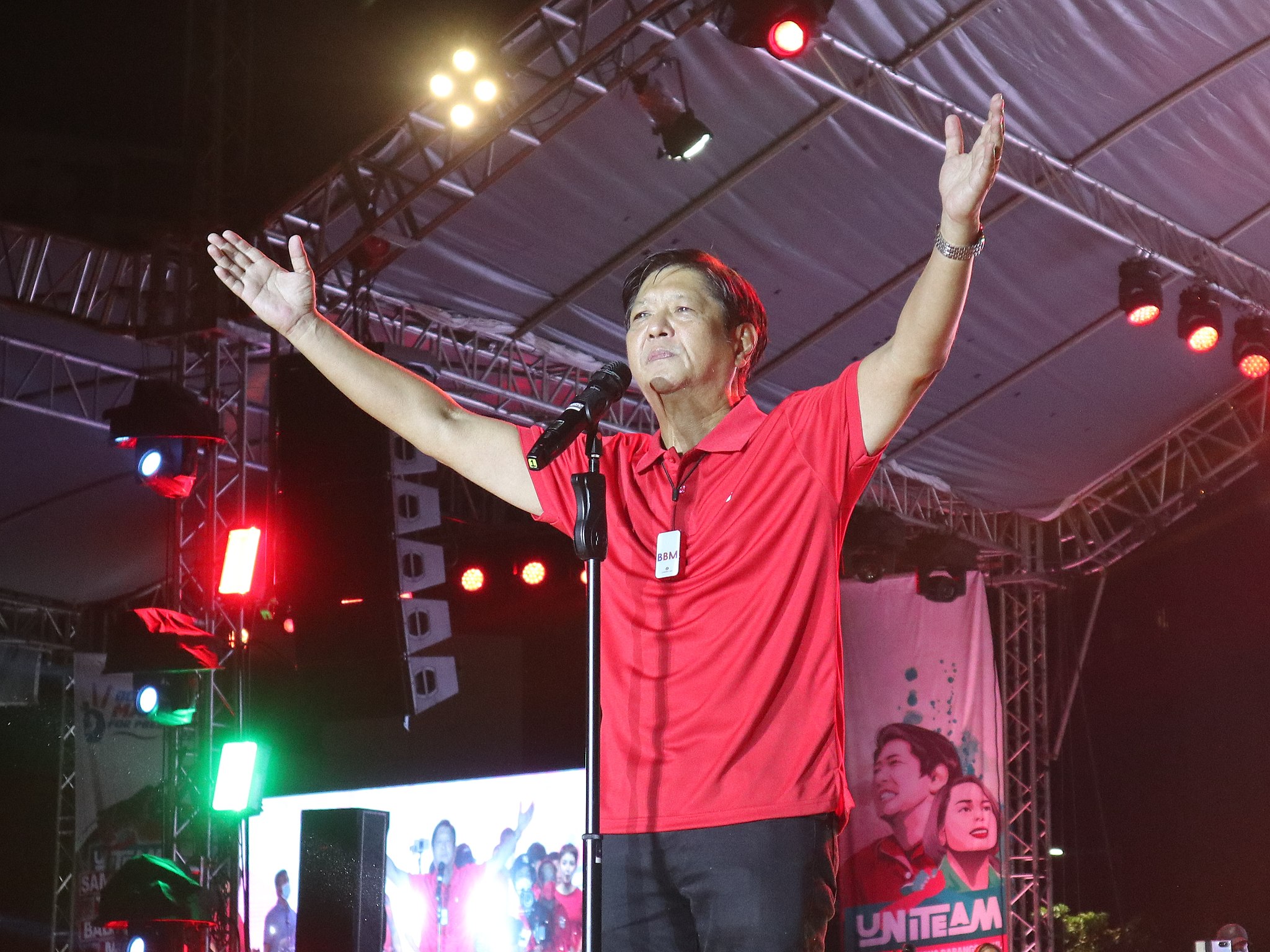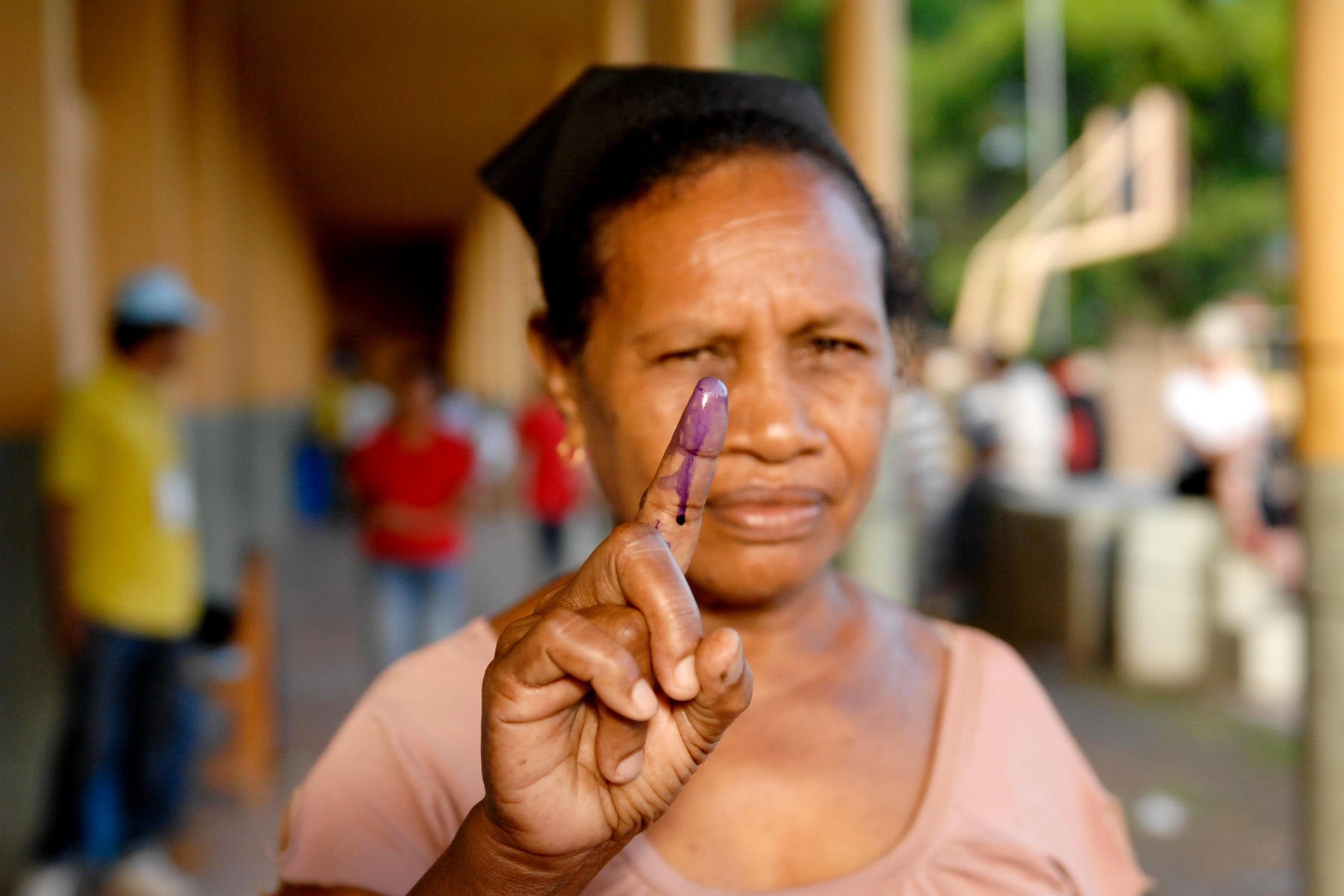During Rodrigo Duterte’s six-year presidency, the Philippines underwent a notable shift toward an increasingly authoritarian political system. In the 2022 presidential elections, rather than choosing a departure from this trajectory, the Filipino electorate voted for continuity by electing Ferdinand Marcos Jr., the son of former dictator Ferdinand Marcos Sr., as president, and Sara Duterte, the daughter of the outgoing president, as vice-president.
In recent years, the Philippines has grappled with the challenges posed by the COVID-19 pandemic. The imposition of stringent and prolonged lockdowns resulted in one of the region’s most pronounced economic declines. However, the subsequent years suggest potential for a relatively robust recovery.
The progress of both political and economic transformation in the country faces significant impediments due to the entrenched oligarchic structures. The enduring dominance of various family clans, such like the Marcos family, obstructs essential reforms. Persistent challenges of poverty and inequality continue to loom large.

